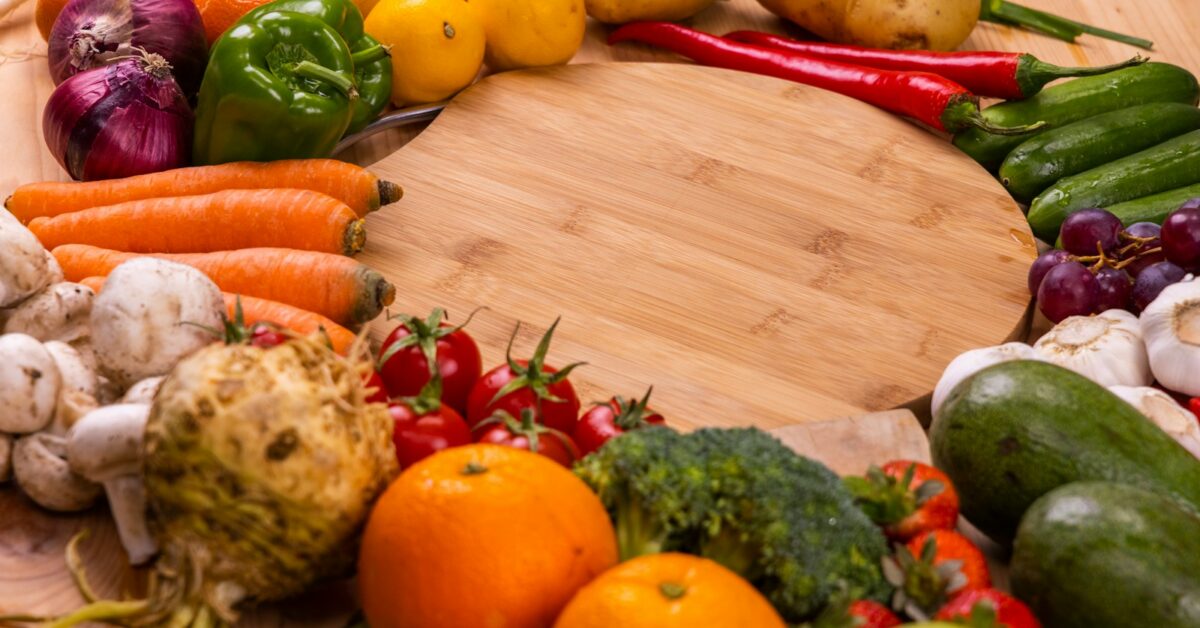Why Balanced Vegetarian Meal Planning is Important
Vegetarianism has gained significant popularity in recent years due to its numerous health benefits and positive impact on the environment. However, it is essential to ensure that vegetarian meals are well-balanced and provide all the necessary nutrients for optimal health. Balanced vegetarian meal planning involves careful consideration of various food groups and their nutritional content. In this article, we will explore some tips and ideas for creating balanced vegetarian meal plans.
Include a Variety of Plant-Based Proteins
Protein is an essential macronutrient that plays a crucial role in building and repairing tissues, producing enzymes and hormones, and supporting a healthy immune system. While many people associate protein with animal products, there are plenty of plant-based sources that can provide all the necessary amino acids.
- Legumes such as lentils, chickpeas, and black beans are excellent sources of protein and can be used in various dishes like soups, stews, and salads.
- Tofu and tempeh are soy-based products that are rich in protein and can be used as meat substitutes in stir-fries, sandwiches, or grilled dishes.
- Nuts and seeds, including almonds, walnuts, chia seeds, and hemp seeds, are not only high in protein but also provide healthy fats and other essential nutrients.
Don’t Forget About Essential Nutrients
While protein is important, it is equally crucial to ensure that vegetarian meals provide all the essential nutrients. Here are some key nutrients to consider:
- Vitamin B12: This vitamin is primarily found in animal products, so it is essential for vegetarians to include fortified foods like plant-based milk, breakfast cereals, and nutritional yeast in their diet.
- Iron: Plant-based sources of iron include dark leafy greens, lentils, tofu, and fortified cereals. Consuming vitamin C-rich foods like citrus fruits or bell peppers alongside iron-rich foods can enhance iron absorption.
- Calcium: Dairy products are not the only source of calcium. Vegetarians can obtain calcium from foods like tofu, fortified plant-based milk, leafy greens, and sesame seeds.
- Omega-3 Fatty Acids: Flaxseeds, chia seeds, and walnuts are excellent sources of omega-3 fatty acids, which are important for brain health and reducing inflammation.
Plan Meals Around Whole Grains and Vegetables
Whole grains and vegetables should form the foundation of any balanced vegetarian meal plan. They provide essential vitamins, minerals, fiber, and complex carbohydrates. Here are some ideas for incorporating them into your meals:
- Choose whole grains like quinoa, brown rice, whole wheat bread, and oats as the base for your meals.
- Incorporate a variety of colorful vegetables into your dishes. Include leafy greens like spinach and kale, cruciferous vegetables like broccoli and cauliflower, and vibrant options like bell peppers and carrots.
- Experiment with different cooking methods such as roasting, steaming, or stir-frying to enhance the flavors and textures of your vegetables.
Make Use of Herbs, Spices, and Condiments
Herbs, spices, and condiments can elevate the taste of vegetarian dishes and add variety to your meals. They can also provide additional health benefits. Here are some examples:
- Turmeric: Known for its anti-inflammatory properties, turmeric can be added to curries, roasted vegetables, or smoothies.
- Cumin: This spice adds a warm and earthy flavor to dishes like lentil soups, roasted vegetables, or homemade hummus.
- Tahini: Made from ground sesame seeds, tahini is a versatile condiment that can be used in dressings, dips, or sauces.
- Basil: Fresh basil leaves can be used in pasta dishes, salads, or homemade pesto for a burst of flavor.
Conclusion
Creating a well-balanced vegetarian meal plan involves considering a variety of plant-based proteins, essential nutrients, whole grains, vegetables, and flavorful herbs and spices. By incorporating these tips and ideas into your meal planning, you can ensure that your vegetarian diet is not only nutritious but also delicious and satisfying.
